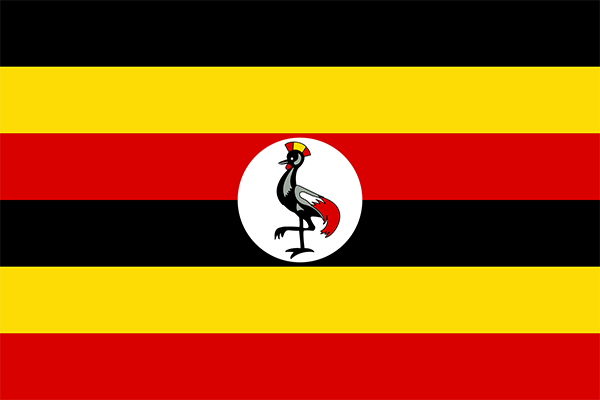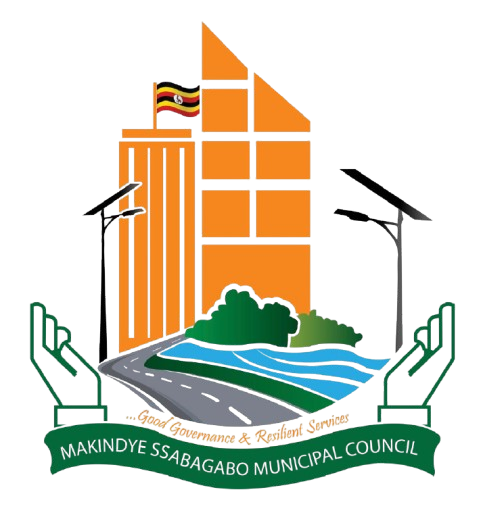ABOUT US
Our mandate is to offer Urban decentralized services to the people subject to Article 176 of the Constitution of the Republic of Uganda, 1995 as amended and sections 105, 106, 107 and 108 including Schedule 5, part 3 and part 5 of the Local Governments Act Cap.138.
Makindye Ssabagabo is one of the four newly created Municipal Council in Wakiso District having upgraded to the Municipal status in 2015 from a sub county. The Municipal Council is located in Wakiso District bordering with Kampala City in the North, Kajjansi Town Council in the West and Lake Victoria in the South East.
Since inception, the Municipal Council has embarked on the implementation of its urban mandate in the bid to render improved service delivery to the citizenry. The Municipality has a total land area of 87.2 sq. km and a total road network of 393km of which 18% is paved and 72% is gravel Makindye Ssabagabo has a total population of 439,605 as per the recent UBOS census report 2024, of which 229,298 and 210,307 are males and females respectively.
Development Goal: A Municipal Council where people live a quality life through access to basic social services with sustainable household income

Vision
A well-planned, clean and prosperous Municipal Council

Mission
To provide Quality, Cost-Effective and Sustainable Urban Driven Services
OUR MANDATE IS OUR PROMISE
The Municipal Council shall perform the following functions and offer services as conditioned in the second schedule of the Local Government Act Cap 243.
- Establish, acquire, erect, maintain, promote citizenry activity.
- Establish, maintain or control public parks, garden and recreation grounds.
- Establish, erect, maintain and control public facilities.
- Prohibit, restrict, regulate licensing.
- Decorate streets and public buildings / structures.
FUNCTIONS AND MANDATE OF MAKINDYE SSABAGABO MUNICIPAL COUNCIL
Over the five-year period, Makindye Ssabagabo Municipal Council has prioritized the following areas to improve the quality of life for residents:
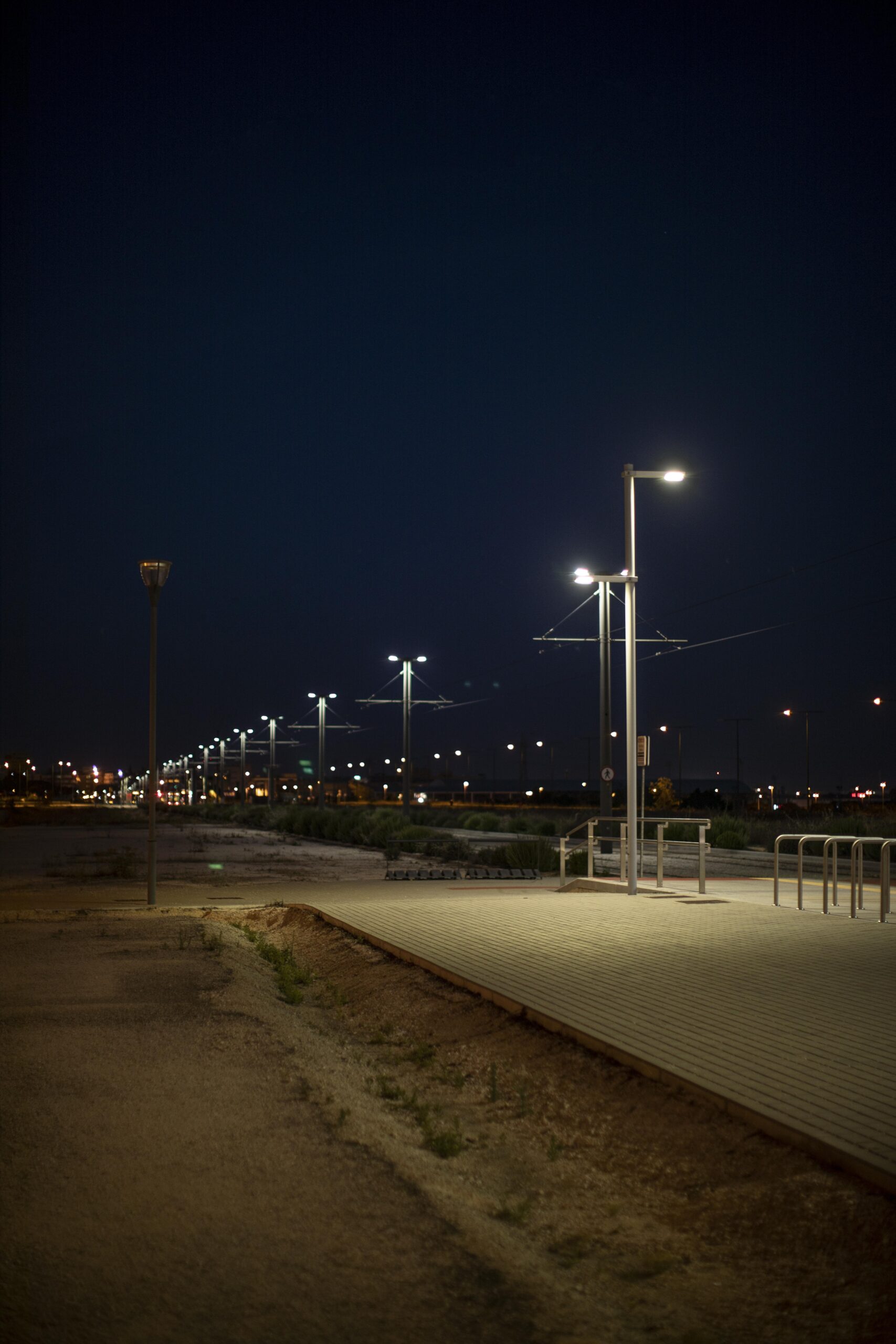
Infrastructure Development
Emphasis on road tarmacking, installation of street lights, construction of drainage systems, and municipal beautification.
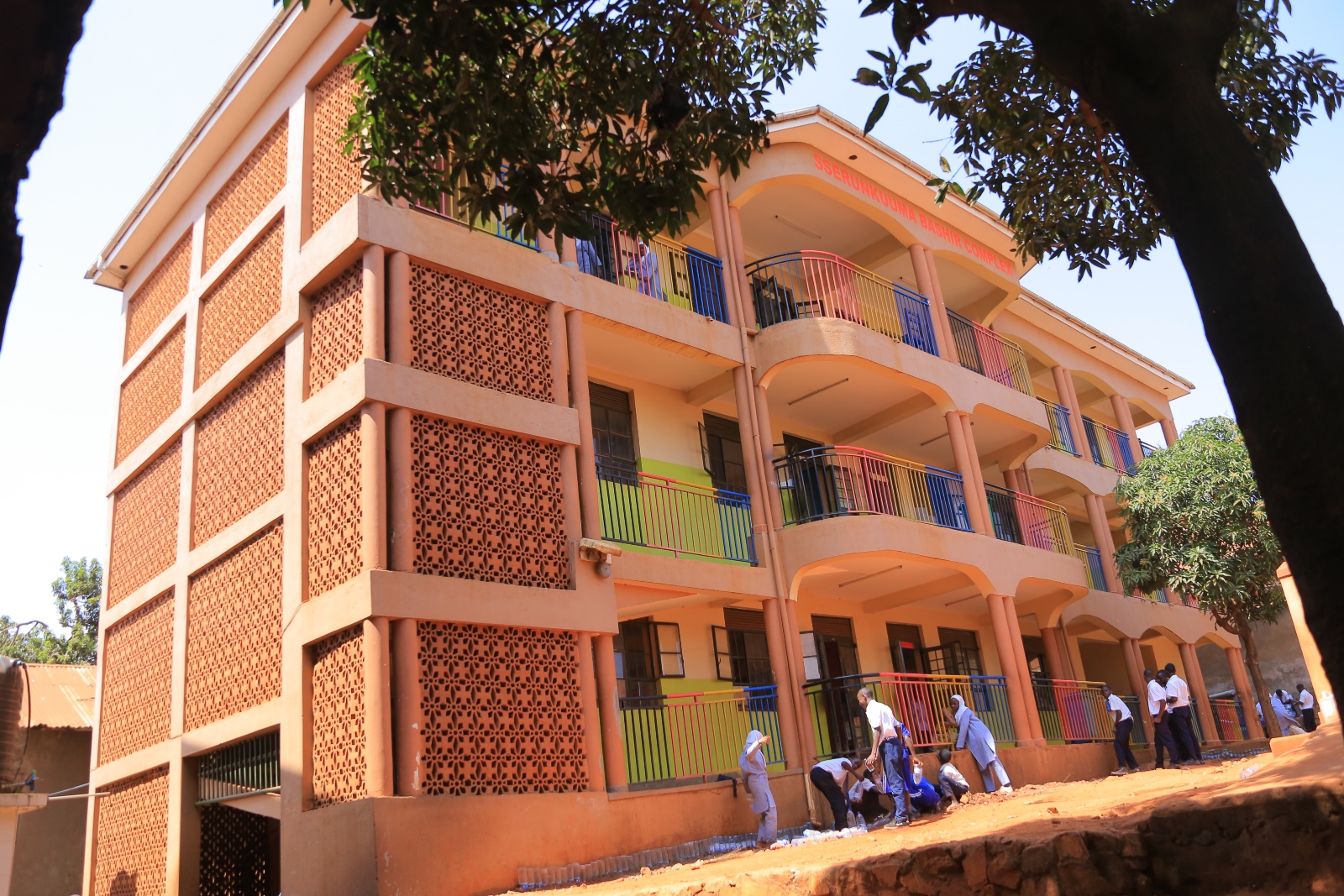
Education Sector Development
Construction of new classroom blocks, teachers' houses, latrine facilities, and provision of learning materials.
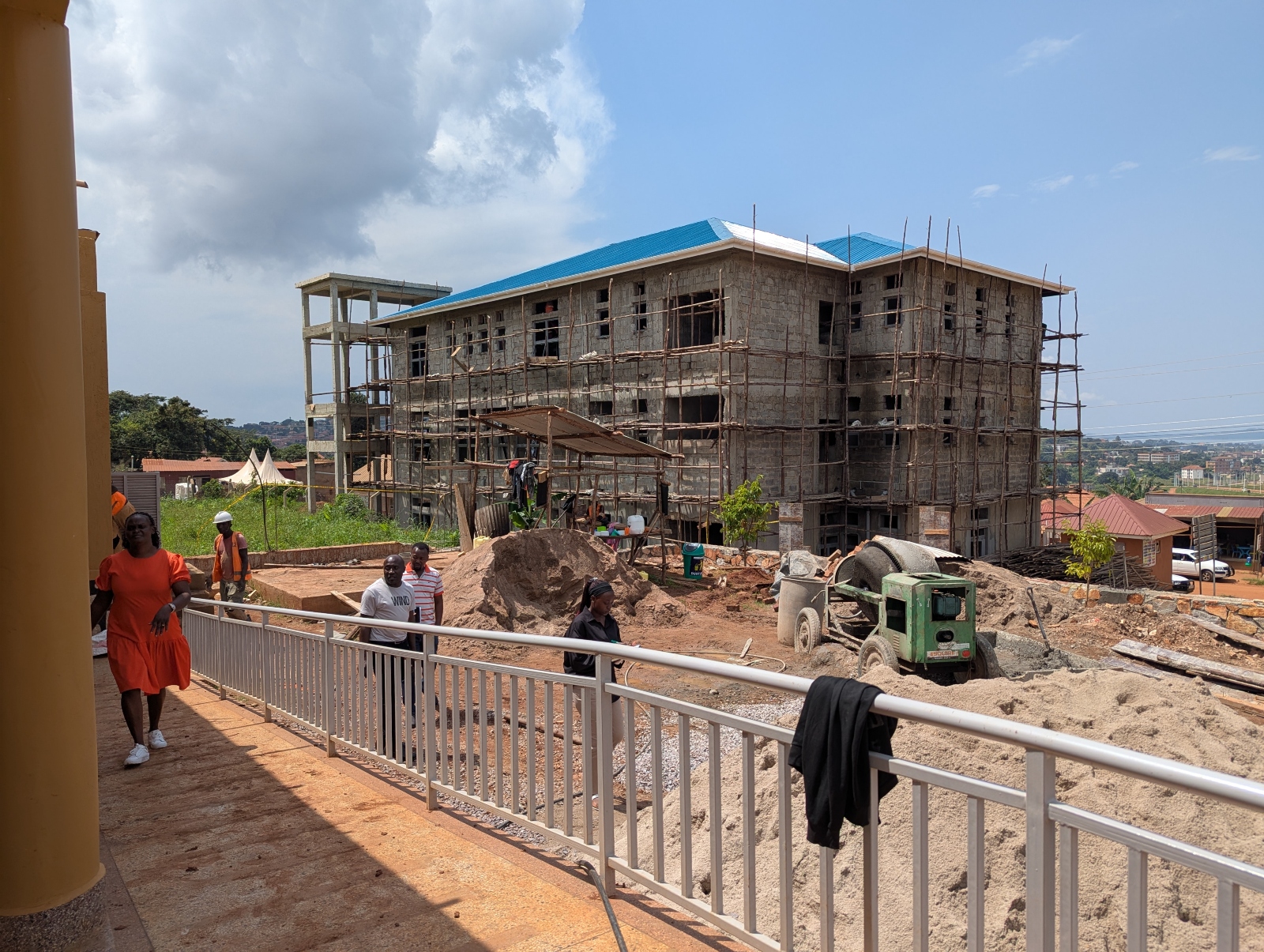
Healthcare Strengthening
Construction and renovation of health facilities, provision of medical supplies, and community health outreaches.

Environmental Protection
Tree planting, wetland restoration, solid waste management, and enforcement of environmental laws.
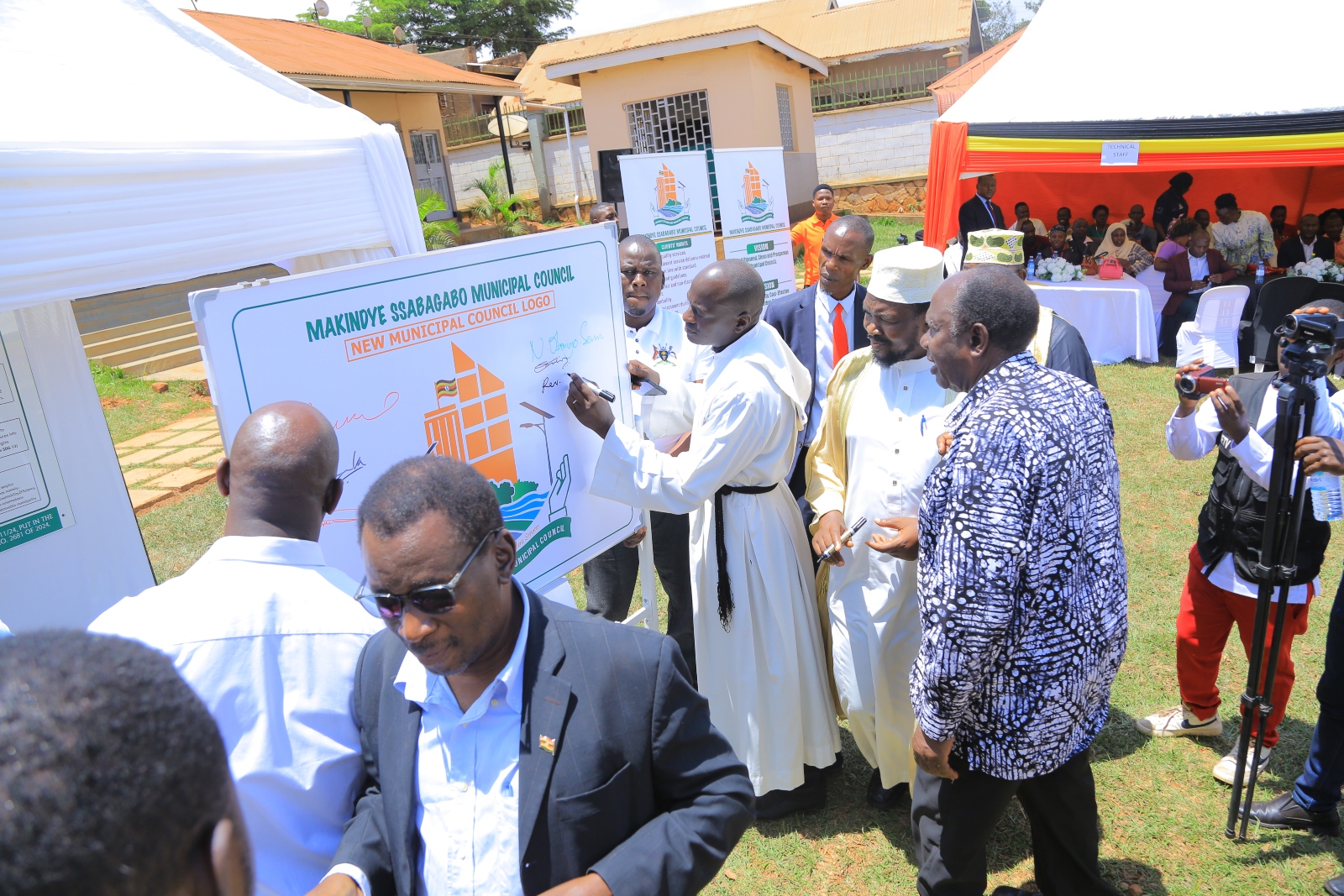
Revenue Enhancement
Streamlining of revenue collection through digital systems, expansion of the revenue base, and sensitization of taxpayers.

Youth and Women Empowerment
Skills development, entrepreneurship support, and access to special grants (YLP, UWEP).

Governance and Community Engagement
Regular Baraza meetings, feedback mechanisms, and transparency initiatives.

Urban Planning and Regulation
Proper land use planning, development of structural plans, and enforcement of physical planning laws.
